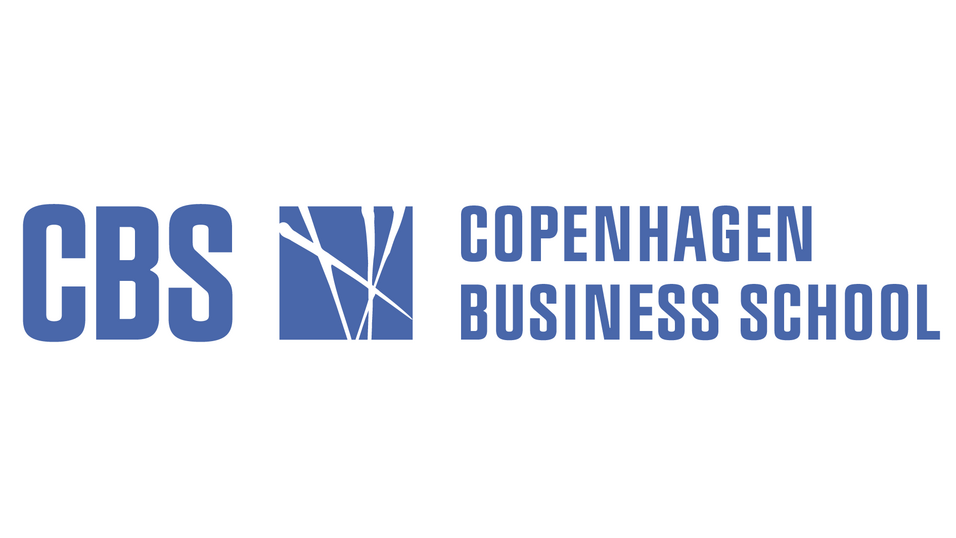The project, which was adopted by the ELI Council in July 2023, aims at identifying present approaches and solutions to foundation law in different European countries, as well as developing a model enterprise foundation law. The webinar served as an occasion for the Co-Reporters of ELI’s project to outline it and the context out of which it arose as well as to collect initial feedback from ELI Members and external stakeholders.
Anne Birgitte Gammeljord (ELI First Vice-President; Danish Supreme Court Lawyer; Assessor of the ELI project) chaired the event. She opened by introducing each speaker and welcoming them and the audience to the webinar.
Project Co-Reporters Steen Thomsen (Novo Nordisk Foundation Professor of Enterprise Foundations, Center for Corporate Governance, Copenhagen Business School and European Corporate Governance Institute), Anne Sanders (Chair for Civil Law, Company Law, the Law of Family Businesses and Comparative Judicial Studies, University of Bielefeld, Germany), and Michael Redbrake (Legal Counsel, Bosch Stiftung) spoke first.
Thomsen began by saying that foundations have gained focus recently as they are regarded as purposeful entities that do philanthropy, exercise long-term ownership, and are also regarded as responsible to stakeholder interests. They also do well both financially and in terms of social responsibility. He went on to list examples of foundations that own companies, most of which are European. These include, Bosch, Carlsberg, IKEA, the Guardian, Lloyd’s Register, Lidl, Giorgio Armani and Rolex. Thomsen said that American companies are also increasingly adopting this ownership model but said he regretted that there is a very unclear framework in Europe for this institution, which is where the ELI project comes in. He clarified the general aim and scope of the project: the Co-Reporters aim to set a definition of enterprise foundation in Europe, run comparative research in the field across several jurisdictions, propose a model European enterprise foundation law and identify and provide solutions for the current legal barriers to establishing foundations.
Sanders commented on the comparative aspect of the project and mentioned major comparative issues across different jurisdictions, which include admissibility of enterprise foundations (Are they allowed in various jurisdictions?), possible purposes a foundation can pursue (eg charitable or other purposes), flexibility (Can purpose be changed? Who can do it? How easy is it to do so in practice?), public supervision (What kind? Who is responsible: a public board, a public institution (eg a Ministry; if so which one?), a court? How well staffed is the supervisor? What is the scope of the supervision?), transparency (Is there a register? If so, what sort of information is stored in it? Can foundations be misused for money laundering or other purposes?), governance (What kind (public supervision only?)? Are there rules on the composition of foundation boards? How will they engage with the company owned by the foundation?), and taxes. She was particularly thankful to the broad team, covering as much as 23 different legal systems.
Redbrake commented on the legal barriers to the efficiency of enterprise foundations, by taking as an example the practical experience of the Robert Bosch Stiftung. He mentioned in particular, registration requirements (with some jurisdictions not drawing a distinction between shareholders, the foundation and the company), compliance with local legal systems (some jurisdictions have adopted restrictive NGO legislation, with a view to preventing the inflow of foreign funding) and general legal acceptance (with some legal systems not distinguishing between the foundation and the company when regulating charitable activities), as key legal barriers.
Eugenio Barcellona (Equity Partner, Pedersoli Studio Legale; Professor of Corporate Law, University of Eastern Piedmont), part of the project’s Advisory Committee, gave a practitioner's perspective on the topic and project. Barcellona said that he believes that ELI’s Model Law will be extremely beneficial, in particular with regards to two aspects: visibility (meaning that enterprise foundations will become more recognisable and enlarge the catalogue of available organisational forms that can be adopted), and legal certainty. Barcellona gave examples of how theory and practice work in Italy. He concluded by stressing the role of governance regimes as the core matter on which the ELI Model Law should focus and recommended that, to come up with the most ambitious Model Law, the charters/byelaws of as many European foundations as possible should be thoroughly examined, with a view to distilling governance features that proved successful in practice and addressing the inefficiency risks highlighted by theorists.
Hanna Surmatz (Head of Policy, Philanthropy Europe Association (Philea)) gave an overview on Philea and the key findings of their work, namely that the laws fail to keep up with the constant evolution of the philanthropy’s toolbox, countries have become more flexible with regard to the capital requirements of foundations, an interesting debate is happening on whether external supervisions can be replaced by self-regulatory mechanisms, overregulation seems to be an issue in some cases and there are barriers to cross-border philanthropy. Among other things, Surmatz referred to Philea’s European Philanthropy Manifesto, which is currently being updated ahead of the EU elections in 2024, and welcomed the audience’s views on it. Surmatz opined that ELI’s project is a very important initiative, which builds on existing research and analysis, and that Philea looks forward to contributing to and to seeing its results. She recommended that the team also add key principles of how national law approaches could look like, in supplement of the ELI Model Law.
Ivan Tot (Assistant Professor and Head of the Department of Business Law, Faculty of Economics & Business, University of Zagreb), Members Consultative Committee (MCC) Chair, expressed his gratitude to the Reporters for committing to this project. He revealed that the MCC is already comprised of more than 15 people from many different jurisdictions and encouraged attendees to become members by writing to the ELI Secretariat and in the case of non-members, by joining ELI first.
A lively Q&A session followed.
The recording of the event is available below:
The PowerPoint presentations from the event are available here:


